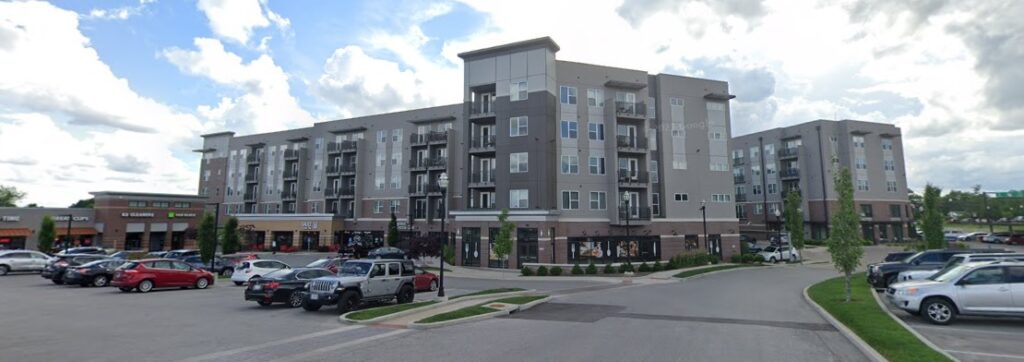The last two generations have not been kind to many of the fragments in St. Louis County. The population losses of St. Louis City have been closely tracked and well publicized. The city lost 320,000 residents (-51.5%) between 1970-2020.
NextSTL – 2016 – Failure of Fragmentation: St. Louis County Population Loss

While there is endless discussion over the city’s plight, the reasons for it and what to do about it, the 60 municipalities that lost population lost 156,000 residents (29.7%) over the same period. The losses there should be of great concern too, but due to its fragmentation, it has received less attention.
Despite much new development in St. Louis County, it has gained only 5.5% in population in the last 50 years, meanwhile taking on a lot of infrastructure liabilities, which come at an opportunity cost to doing other things, that have pushed taxes and utility rates higher and higher.

Some notables in the Census data are that Clayton reversed its population decline since 1970 in the last decade from down 1% to up 7.8%. Twin Oaks saw a 54% population gain (2020- 605, 2010- 392) due to the new apartment building, The Villages of Twin Oaks, at Big Bend and 141. Wildwood lost 100 residents. The 24:1 cities lost 12.4% or 5,452 residents over the last decade. Champ shrunk by 47%, 23% in the last decade, from 19 to 10! There were two disincorporations, St. George and McKenzie, and one merger, Vinita Terrace into Vinita Park, over the last decade.

The hope that consolidation could boost the perception of greater St. Louis is criticized as a means to paper over and ignore problems. The population decline of many cities is an example of how fragmentation obscures them. If the area had been one city or a few, it would have been more prominent. And that government would have been in a stronger position to act.
Of course numerous factors have contributed to the population decline. Fragmentation is just one and not the strongest. But the purported attractiveness of our menagerie of munis hasn’t been and will likely never be enough to overcome them.
